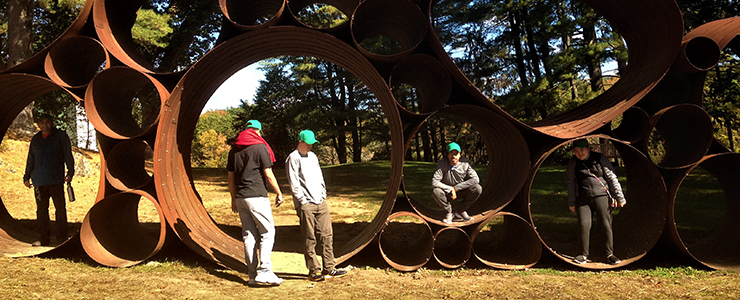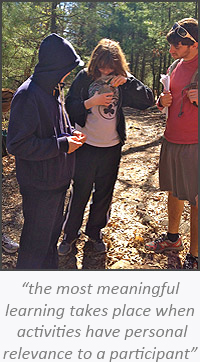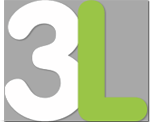
3LPlace Curriculum Project
Click here to go directly to the download for the Curriculum
In early 2010, after six months of research and connecting with key stakeholders, 3LPlace’s founders concluded that no best practices, comprehensive curricula supporting individuals with autism through transition to adulthood existed. We were flabbergasted and disappointed. How were schools and social service agencies supposed to support this rising generation of students as they transition and in their adulthood without good, useful curricula to guide the way? 3LPlace decided to jump into the breach by creating the 3LPlace Curriculum Project, which would offer an individualized framework for meeting the needs of individuals "aging out" of their school programs and for providing support and structure across the lifespan.
The 3LPlace Curriculum Project is a starting point for educators, clinicians, therapists and service providers to support young adults with autism and other developmental disabilities as they navigate the transition into adulthood. By providing a framework for understanding the variation in functioning in individuals, the Curriculum enables educators and service providers to develop individualized goals, learning plans and supports that meet the unique needs of each individual.
The 3LPlace Curriculum Project has worked hard to resolve many of the challenges inherent in developing curriculum for a diverse community of learners.
Among them:
- Individuals have a range of individual profiles, with different strengths and weaknesses, interests and affinities,
 sensory-regulatory profiles, and perspectives.
sensory-regulatory profiles, and perspectives. - Programs/providers must meet the needs of each participant while also providing education and support in specific domains.
- Individuals should strive for the highest levels of independence and self-determination possible—but not at the expense of supportive relationships and purposeful activity.
- Programs/providers must work with participants to bridge the gap between what he or she wants and what his or her self-awareness process reveals that he needs.
- Programs/providers must avoid over-emphasis on building discrete skills that, in and of themselves, do not move individuals towards self-determination, self-initiated learning and growth, independent decision-making, purposefulness and happiness
A key tenet of the Curriculum is that the most meaningful learning takes place when activities have personal relevance to a participant. Accordingly, structured learning modules are built around “real” experiences that occur within the protected community and in the larger public community.



